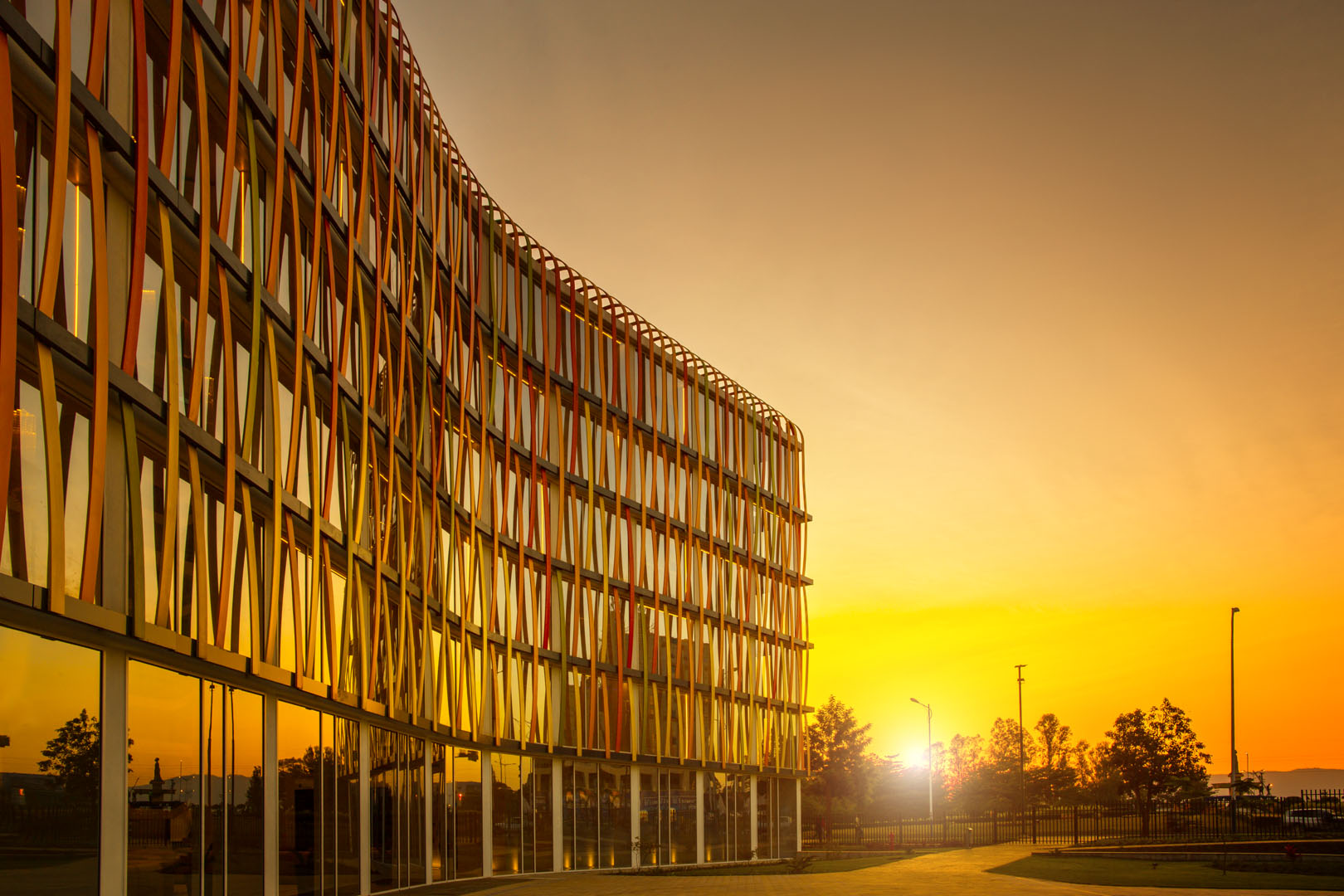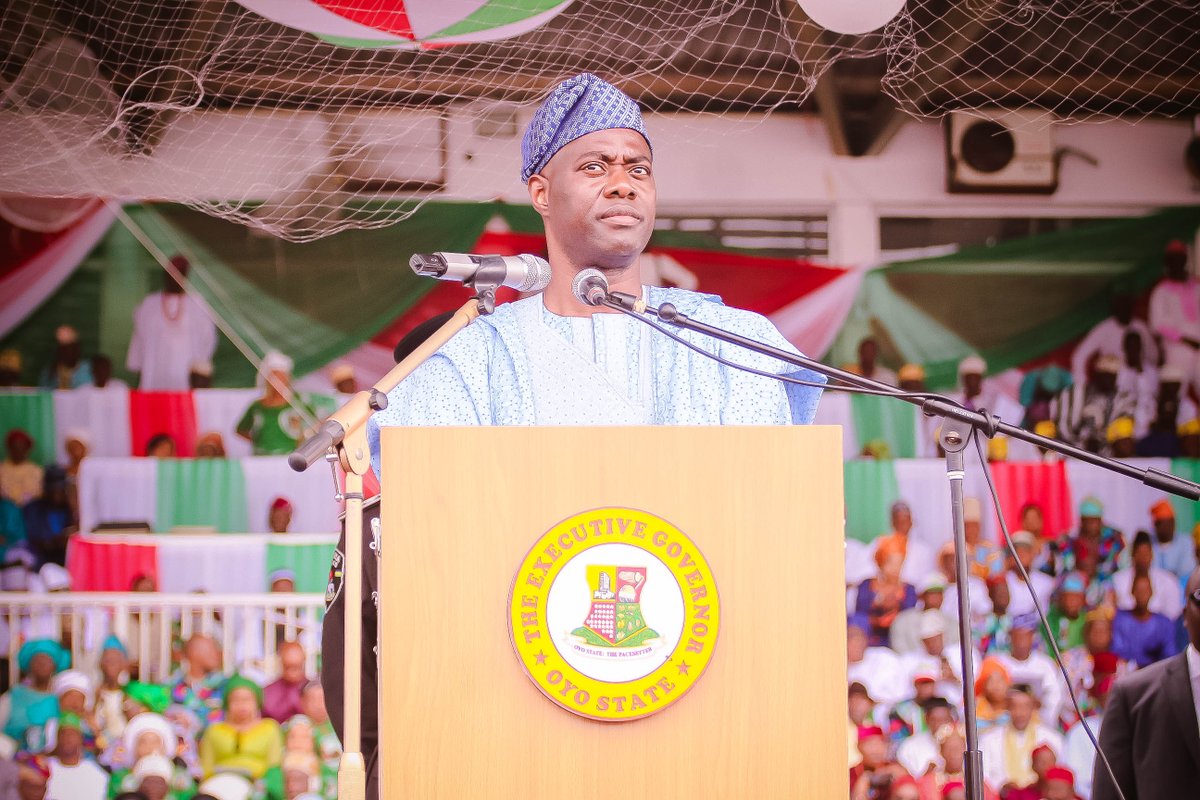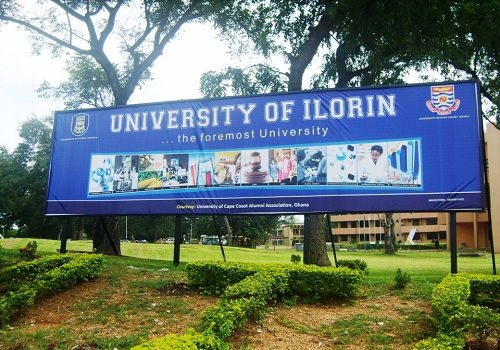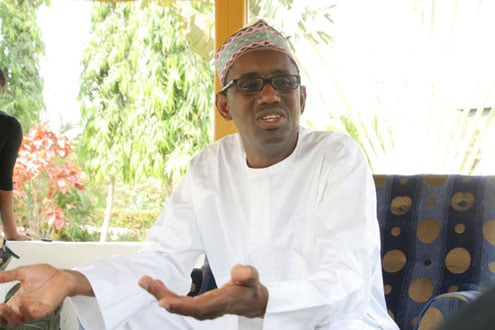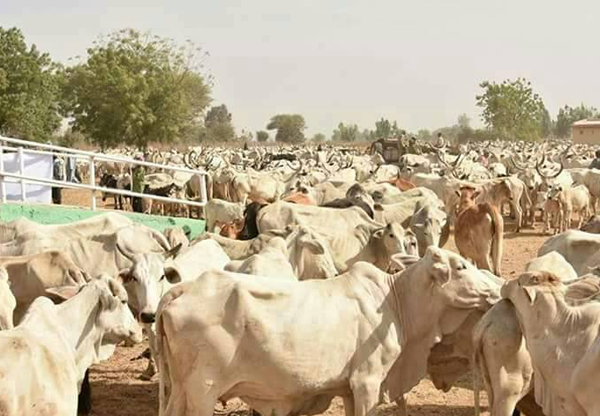BY NOSA IYAMU
Twenty-five years after Rwanda lost over a million lives in genocide, the East African country is on a fast track to the top, rising above its challenges and rebuilding both its economy and its pride as a nation.
Just two and a half decades after witnessing one of the world’s most devastating atrocities, Rwanda is on the path to making what many are calling a miraculous recovery. It may be a small, landlocked country in the middle of a vast continent, but the economic successes it’s starting to clock up, particularly in the past 10 years, are of a gargantuan proportion.
Guy Baron, chief investment officer for the Rwanda Development Board, has worked in the country for the past two years. Commenting on the acceleration in growth that began a decade ago, he notes: “In a place that changes quickly, I’ve seen a lot happening. But I think, 10 years ago, there was suddenly a shift from recovery mode to growth mode.”
Post genocide, says Baron, Rwanda was decimated, and essentially had to rebuild itself almost independently, from its institutions right through to basic services.
Advertisement
“Everything was completely annihilated,” explains Baron, “So those first 15 years were very much a case of reconstructing the country and its economy to get it back on its feet. So, that shift from recovery into growth mode is what you saw 10 years ago and that’s the path we’re on now in accelerating that grow.”
The dividends are paying off. Just last year, the World Bank ranked the country 29th globally in its 2018 Ease of Doing Business Report, and placed it second in Africa. It was also ranked by the International Congress and Convention Association as the 2nd most popular conference and event destination in Africa, after Cape Town (South Africa).
It’s an economy that, in its last fiscal year, grew an astonishing 8.9%, and one that has also reduced its reliance on international donations significantly; it currently domestically funds around 84% of its budget, up from 36% 20 years ago.
Advertisement
Baron believes Rwanda’s success lies in five key pillars set up by its government. These include strengthening the low risk of the country in terms of safety, security and stability; the focus it has placed on the ease of doing business and creating transparency; it’s positioning as a regional platform, being a country in the centre of Africa and the proximity that this enables its relatively small population of 12 million people to have to other markets; and finally, its human capital, with 70% under the age of 30, and with up to 40% of its population being bilingual in English and French, giving it a strong advantage both in embracing new technologies and being able to market itself across the globe.
“We’ve invested a lot in tertiary education, upskilling programmes and vocational training,” says Baron. “We want to position ourselves as the Singapore of Africa and we can supply the human capital that can encourage companies and investors to come and set up here.”
In terms of both its positioning on the African continent and its ability to provide human capital to service industries, it is also rapidly expanding its connectivity, placing a strong emphasis, for one, on developing MICE business tourism (in respect of being a venue for meetings, incentives, conferences and exhibitions.)
Its efforts in this regard include the formation of the Rwanda Convention Bureau and the building of a state-of-the-art, 80 000m² convention bureau in the Rwandan capital able to host more than 5 000 delegates, and managed and operated by Radisson Blu. Completed in record time in 2016 to host the 27th African Union Summit, within two years of operation the Radisson Blu Hotel & Convention Centre Kigali was already running at a profit and has become a landmark in the city, according to Radisson Hotel Group’s Regional Director, Africa, William McIntyre.
Advertisement
“However, things like this don’t happen in a vacuum,” notes McIntyre. “This year the Rwandan government is building a new airport outside the city. For the past three years, they’ve invested in jets for Rwanda Air, because if you don’t have the air access, you can’t get anyone interested in the convention centre. You can now fly from Kigali to China, Europe, London, South Africa and the USA.
“In other words, you can’t talk about the convention centre on its own without putting what the government has done into context to facilitate everything. They’ve created the access and the facility, and worked hard through the convention bureau to build capacity and grow the pipeline. Plus, there is not one single nationality that needs a visa to enter the country.”
McIntyre has been singing Rwanda’s praises for years, encouraging visitors to see the country for themselves: “Rwanda may have the legacy of its genocide, but yet it is today the safest country in Africa and the 9th safest in the world. So when I have people from countries in Europe asking: ‘Can I really come to Rwanda? Is it safe?’ I respond: ‘It’s safer than the country you live in!’ And that’s a fact.”
Advertisement
Views expressed by contributors are strictly personal and not of TheCable.
Add a comment
